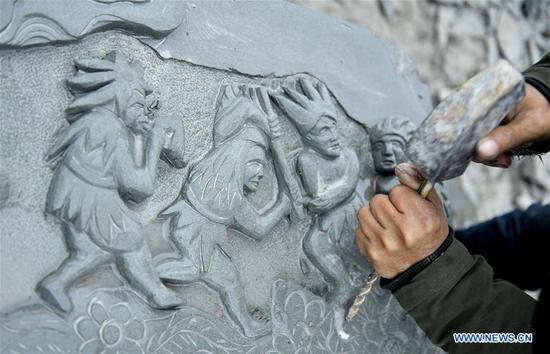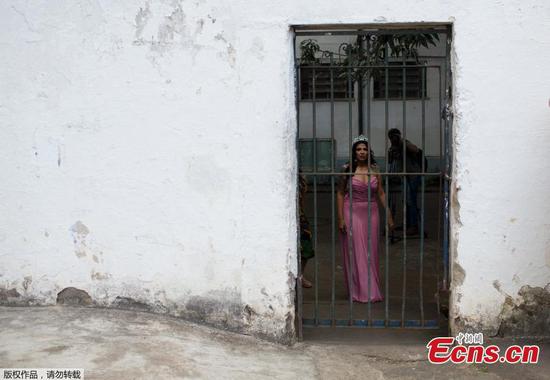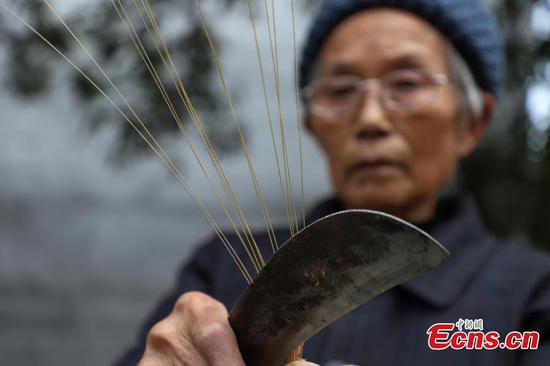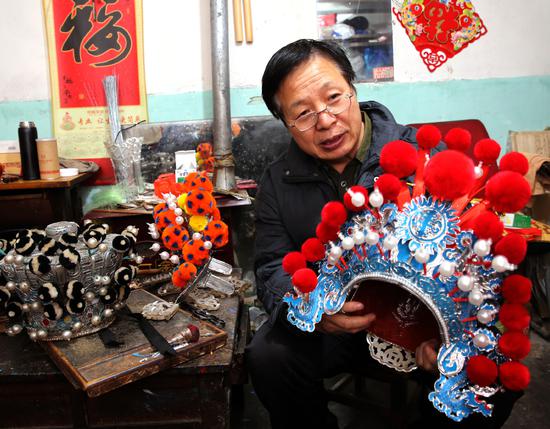The People's Bank of China (PBOC), the central bank, has moved in recent days to tighten regulations on reserve funds of the country's booming online payment platforms, which could help protect consumers and upgrade the industry.
The PBOC issued an order saying that from January 14, 2019, all reserve funds of the third-party payment platforms, which generate billions of yuan in interest for the platforms every year, must be deposited with the PBOC, according to a report on news website ifeng.com on Wednesday.
Payment platforms will be required to close out individual accounts for reserve funds by the same date.
This is the latest step taken by the PBOC, which has increasingly tightened its grip over online payment platforms. In the past 11 months, local banks have issued 16 fines totaling more than 2 million yuan ($209,309) to third-party payment platforms for "actions violating regulations," the report said.
The total amount of reserve funds deposited by payment platforms with the PBOC reached 995.6 billion yuan in October, according to the central bank.
Dong Dengxin, director of the Financial Securities Institute at Wuhan University of Science and Technology, told the Global Times on Thursday that the PBOC's move improves security for merchants and clients on the platforms.
"Irregularities like misappropriation of funds can be totally avoided in this way. The move will effectively curb financial crimes, avoid the systemic cross-system spread of financial risks, prevent the risk of capital outflows, and maintain market stability," Dong said.
As of Sunday, there were 238 licensed payment agencies, with 33 licenses having been revoked, according to the official website of the PBOC.
"The regulation will prompt third-party payment institutions to improve their services, and promote the optimization and upgrading of the payment industry," Dong said.
"Small payment platforms are being driven out of the market by higher costs. Big platforms will be able to handle these higher costs," Dong said.


















































